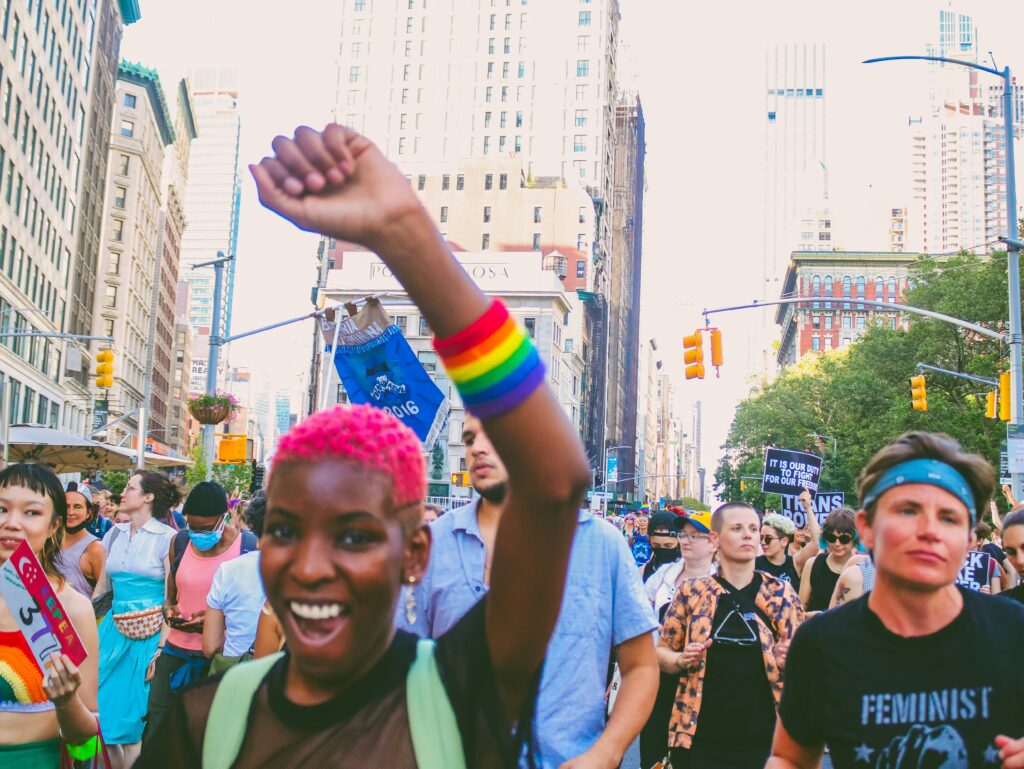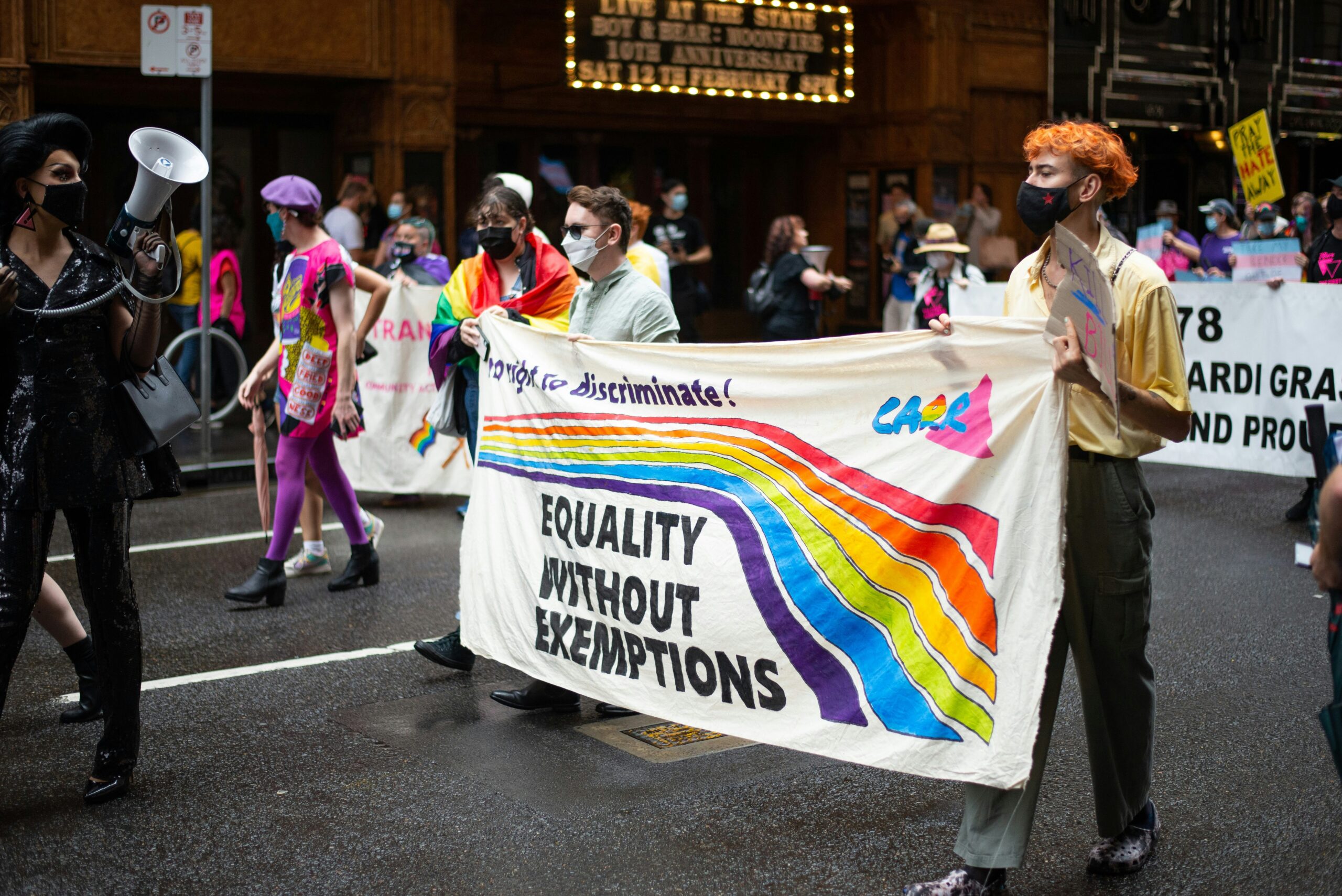Long before the days of glitz and glamour of Pride and the joyous act of holding your partners’ hand in public, the LGBTQ+ community was forced to combat Section 28.
What is Section 28?
- Section 28 of the Local Government Act was introduced in May 1988 to prohibit the ‘promotion of homosexuality.’
- This ban applied to all local councils, impacting organisations responsible for social care, rubbish collection and most importantly, our education system.
- The law was said to be inspired by the 1983 book called ‘Jenny Lives with Eric and Martin,’ which aimed to give children a look into what different types of family relationships could look like.
- Tory Prime Minister Margaret Thatcher – who was known for her homophobic views – believed children were being taught the ‘inalienable right to be gay’ and that needed to stop. This Government Policy came at a time where the country was struggling to cope with the ‘AIDS epidemic,’ with it being an attempt to target the already marginalised members of our society.
- Following its implementation there were mass LGBTQ+ protests and campaigns against its continuation, with the Scottish Government ending it in 2000.
- The rest of the UK only followed suit in 2003. Although the law ended over ten years ago, its effects can still be felt.

What was the impact of Section 28?
- Schools, a place where children should feel safe and nurtured, became a hive of bullying and homophobic abuse.
- Being Gay became something to be ashamed of, and members of the LGBTQ+ community were once more shoehorned into a corner of society.
- Children and people in the LGBTQ+ community were deprived of the chance to see people like them in books, plays, films and teachers were not allowed to teach about same-sex relationships.
- Breaking this law could mean facing disciplinary action.
- Research shows that anti-LGBTQ+ bullying is still widespread with Stonewall figures in 2017 showing that more than half of pupils (52%) reported hearing homophobic slurs repeatedly at school.
What followed Section 28 and how does it impact us now?
- It was the campaign against Section 28 that led to the creation of Stonewall – a leading organisation that campaigns for equality and inclusion of LGBTQ+ people.
- Research conducted by Catherine Lee at the Anglia Ruskin University shows that in 2023 only 20% of section 28-era teachers are out in their workplace.
- However, for those who began teaching after Section 28 was banned in 2003 88 per cent of them are out to their colleagues.
We’re here, we’re queer, we will not live in fear: What is reappropriation?
- The LGBTQ+ community began to reappropriate their language and take back ownership of words that had been used against them.
- Reappropriation is defined by the Cambridge Dictionary as the act of “taking it back or using it in a new or different way.”
- Language such as ‘queer’ and ‘gay’ – as well as some much more derogatory terms (one of which you may know from the Christmas song ‘The Fairytale of New York) – were used by the LGBTQ+ community to reclaim their language.
- The Oxford English Dictionary states the noun ‘queer’ was first used to mean ‘homosexual’ by the Marquess of Queensbury in 1894.
- The Dictionary of America also states that “in the early 1990s ‘queer’ was adopted as a non-pejorative designation by some homosexuals in the spirit of ‘gay Pride.’
- Queer has now been adopted by the LGBTQ+ community as a self-affirming umbrella term of their identity.
Want to learn more about Section 28?
- Watch the film ‘Pride’ which looks into the coalition of the LGBTQ+ protests and the Welsh miners going on strike.
- Stonewall Charity has some great resources on its website explaining and breaking down Section 28, with the help of experts.
- Legislation.Gov.uk provides the formal, Governmental outline of Section 28.

